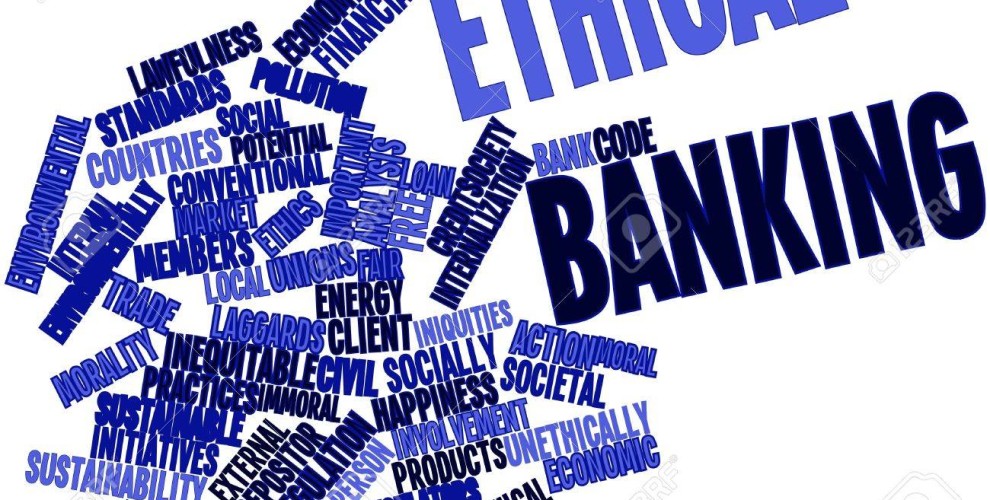Banking ethically
Ethical bank has a return in profits three times greater than that of the traditional banks.
Ethical bank has a return in profits three times greater than that of the traditional banks.

A report presented to the European Parliament, by the Ethic Bank Group, makes a comparison of 15 traditional banks of the old continent, considered "of systemic relevance" by their size, with the 23 ethical and sustainable banks existing in Europe.
Unlike previous studies, in addition to measuring the growth of the assets invested, the document also compares the entities in their financial aspects and their social impact in the so-called "real economy", that is, the one that does not correspond to speculation, such as: Credit to people and companies and the creation of value, respecting the environment, legality and human rights.
The detailed report concludes that ethical banking is a point of support for the real economy, collecting funds and granting loans worth 77% of its investment assets, while traditional banking only dedicates to it only 40.52%, and dedicates the rest to the other activities of international financial speculation.
The report also notes that, from 2007 to 2017, the ethical bank had a return in profits three times greater than that of the traditional banks, that is to say 3.98% per year compared to 1.23%.
In the chapter on growth, traditional banking entities have stopped or slowed during that decade, while entities defined as ethical banking grew by 10%.
In the section dedicated to "socially sustainable investment funds" carried out under criteria of environmental protection and social impact, these grew by 9% per year, in the period 2015-17, which translates into the respectable amount of 600,000 million euros.
The figures presented to the European Parliament show that although ethical banking is structurally different from traditional banking, it is more resistant and efficient when facing with crises.
The report ends by asking a fundamental question about the current international private banking system, which has returned to its old practices of creating dangerous financial bubbles: "How many opportunities have been lost in recent years with the return of a wind of involution and conservatism?"
The aim of the study is to create awareness, among political groups and European authorities, and show that ethical banking should not only be seen in its aspect of protecting the environment and its positive social repercussions. Ethical banks are also more efficient financial tools than large banks that dominate the financial market, and in addition also receive special or privileged treatments, such as the incalculable loans, paid for by public money, to save them from bankruptcy when the crisis - they themselves had created with speculative bubbles - was unleashed in the 2008.